Stop Genocide!
Portside
The great insurgencies that brought back democracy to many countries in Latin America after decades of military dictatorship are now targets of growing assaults by police, military and private militias. From Honduras to Argentina, from Brazil to Colombia, labor, indigenous and black social movements are embattled. The governments’ criminalization of social movements is “legitimizing” death squads, murders and in some cases massacres.

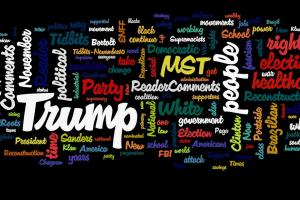

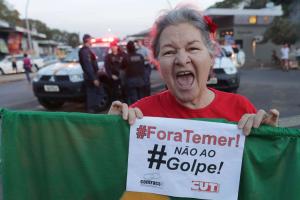
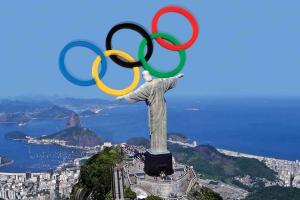
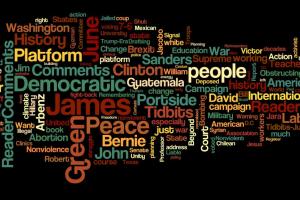
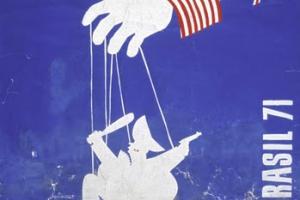
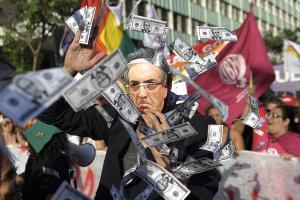
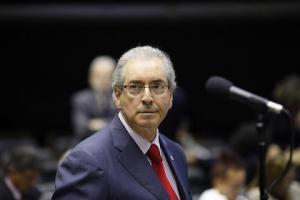

Spread the word